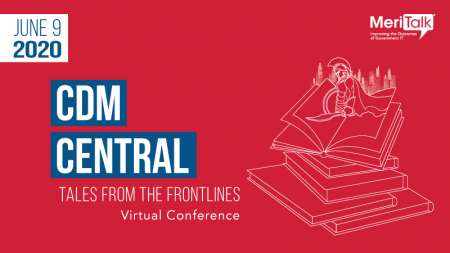As states shift their voting processes and procedures due to the COVID-19 pandemic, another element of the process for states has been subject to change—Federal funding, an inconsistency that has caused local election officials to adapt on the fly.
“This pandemic was not in anyone’s budget,” said Ben Hovland, the Chairman of the U.S. Election Assistance Commission (EAC). State and local governments are in charge with funding their elections, Hovland said, but “they were expecting and budgeting to run their traditional election.”
“This election is clearly going to be anything but that,” said Hovland, speaking at a May 28 online event hosted by FedInsider.
The Coronavirus Aid, Relief, and Economic Security (CARES) Act appropriated $400 million to the EAC to distribute to the states. The March 27 legislation gave the commission 30 days to distribute the funds, said Hovland, and 52 of 56 states and territories have put in their requests, while the last four await state approval.
“First and foremost, we see a lot of ramping up for increased absentee and mail ballots,” said Hovland. In addition to the costs associated with mail voting like envelopes and postage, personal protective equipment (PPE) is needed for people at polling places, Hovland said.

“The $400 million is very much needed,” said Hovland, “but the costs are going to be significantly higher.”
Hovland said a lot of jurisdictions are focusing on acquiring new equipment to process the increased vote-by-mail. This includes equipment on the backend like mail sorters and high-speed scanners.
Despite the changing processes, Matt Olney, director of threat intelligence and interdiction at Talos, Cisco’s threat intelligence organization, says what is needed from the Federal government is not necessarily more funding, but consistent funding.
“I’ve had states tell me that they would take less money as long as they knew it was coming, so they could make planning consistent,” said Olney, speaking at the same FedInsider event.
And while Olney called security a journey, a state official on the panel used a different analogy.
“It’s an ongoing battle to make sure that we keep the system secure,” said Nelson Moe, the CIO of the Commonwealth of Virginia, “and to make sure that this bedrock of our democracy is kept safe.”
